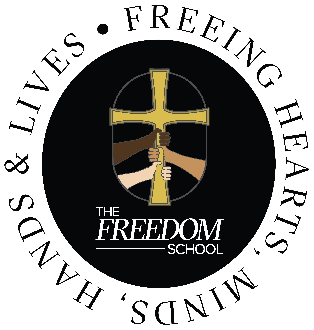In Corinthians 5:16-21, the apostle Paul summarizes God’s goal of transformation through reconciliation for human beings: “So from now on we regard no one from a worldly point of view. Though we once regarded Christ in this way, we do so no longer. Therefore, if anyone is in Christ, the new creation has come: The old has gone, the new is here! All this is from God, who reconciled us to himself through Christ and gave us the ministry of reconciliation: that God was reconciling the world to himself in Christ, not counting people’s sins against them. And he has committed to us the message of reconciliation. We are therefore Christ’s ambassadors, as though God were making his appeal through us. We implore you on Christ’s behalf: Be reconciled to God. God made him who had no sin to be sin for us, so that in him we might become the righteousness of God.” This ministry of reconciliation is particularly directed toward the oppressed. As James, the Lord’s brother, writes: “Religion that God our Father accepts as pure and faultless is this: to look after orphans and widows in their distress and to keep oneself from being polluted by the world.”
The Freedom School curriculum of Reconciliation is meant to provide engaging, developmentally appropriate, comprehensive, and systematic instruction that motivates students to: 1) identify their sin and need for a Savior (Gospel Proclamation), 2) develop their concepts and skills as multi-faceted image-bearers of God (Common Core Scope and Sequence) using twenty-first century tools (Technology), 3) participate in practical opportunities to problem-solve (4) and reconcile to others for the purpose of advancing His Kingdom through practical acts of justice and mercy (Conflict Resolution and Service-learning Opportunities). The curriculum must be intentional in serving “the least of these” by including robust programming for Early Childhood (5) and English Language Learners (6).
